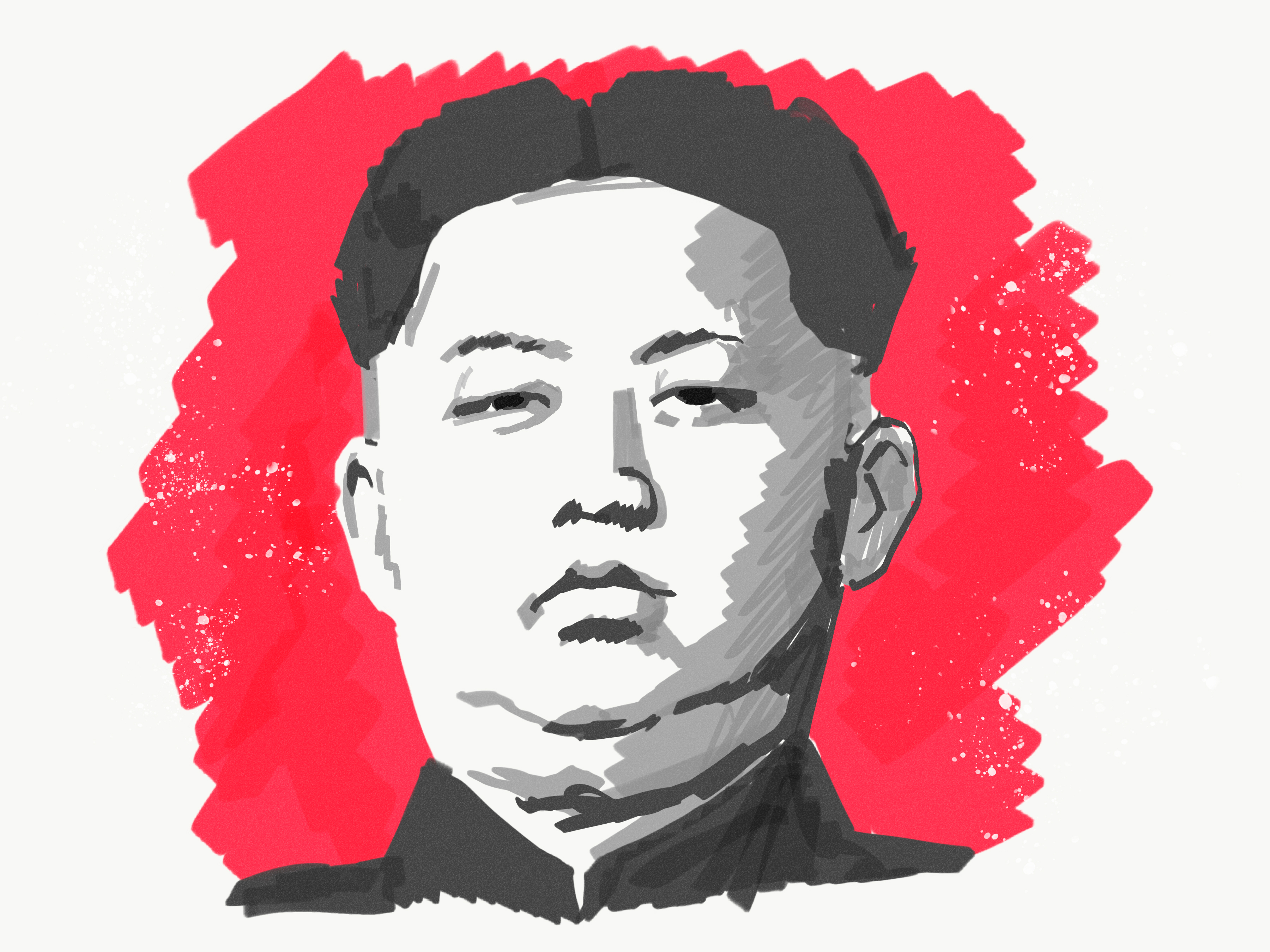The possible meeting between the U.S. and North Korean governments marks the first that leaders from both nations have officially talked. Beyond the impact on the relationship between the U.S. and North Korea, these talks could influence geo-political situations across the world as well as how countries conduct their cyber operations. In a series of blog posts, Cybereason will explore the challenges surrounding this potential meeting as well as how these talks could influence global foreign policy and hacking campaigns. Read the first post here.
In the lead up to bilateral negotiations with South Korea and the U.S., North Korea is strengthening its alliances with China, Russia and former Soviet Republics that are still friendly to the regime. The Democratic People’s Republic of Korea (DPRK) seeks to bolster its negotiating position vis-à-vis the South by both appearing less isolated than it is and also having tactical support for the positions it is taking.
Kim Jong-un is seeking to subvert the six-party talks paradigm, which aims to peacefully resolve the concerns around North Korea’s nuclear missile program but risks not making significant progress due to the many competing interests, with a hub-and-spoke model that places the DPRK at the center of all negotiations. This increases the DPRK’s position and reduces its capability to steer the conversation as diplomatic lines across the region light up bilaterally. This approach raises the stakes for the negotiating teams on both sides as any negative outcome will boil down to competing narratives with no way for the outside world to adjudicate the truth. This is why the connection to Beijing, strained for the entire time Kim Jong-un has been in power, is suddenly so vital.
China comes out on top, at least for awhile
Beijing is in an unparalleled position of both strength and weakness. No matter how these negotiations go, Beijing wins in the short run. If these talks start a verifiable denuclearization process, one of China’s 14 borders becomes more secure and Beijing can focus on other issues. With that said, there’s a highly unlikely possibility that part of any deal includes security guarantees to the North that would increase U.S. presence on China’s border. This situation would constitute a loss for China and a scenario that Beijing is working to avoid. This eventuality, however, would constitute a long-term loss as any ceding of power in this fashion would take years to accomplish and require a significant amount of cultural change in North Korea.
If the talks break down as a result of Western intransigence, Beijing has the cover to modulate sanctions and act as a powerful interlocutor to keep military action off the table, strengthening its position vis-à-vis South Korea if not the U.S. However, by losing the six-party talk framework, it undermines China’s status as a regional player and reduces its ability to shape the negotiations. Being on the outside looking in puts Beijing in a fundamentally reactive position that plays to the weakest parts of China’s foreign policy apparatus.
Kim Jong-un made the required pilgrimage to Beijing at the end of March to address China’s concerns about operating in this environment and to bolster support for the most contentious issues that will arise should the U.S. meet with North Korea. If North Korea is going to approach denuclearization of the peninsula, it is going to demand that the U.S. abrogate its treaties with South Korea, where 25,000 U.S. troops are stationed, and leave the peninsula. This has been a non-starter with previous administrations and is the most likely issue to cause a failure at these talks. North Korea needs to know that should this position be taken and the U.S. walks out of the meeting that China will not back additional moves by the U.S. to bring pressure for what has traditionally been viewed as a reasonable security guarantee by Beijing. Getting support for how North Korea plans to negotiate and what issues will trigger negative responses from Beijing is fundamental to how the DPRK will approach these meetings.
The good will tour across the former Soviet Union is also designed to bolster support for either outcome of the planned negotiations. It is also demonstrating a belief that sanctions will be lifted. This tips the DPRK hand as to what they will request first in order to move onto more difficult issues that are likely to derail the conversation. Kim Jong-un does not have the influence or dependency needed to wield a powerful coalition that is at odds with U.S. and South Korean motives, but he is trying to build a coalition that looks supportive enough to complicate any power politics played against him. He is forced to bet that the perception of maximum pressure turning into tepid indifference is enough to prevent sledgehammer diplomacy.





